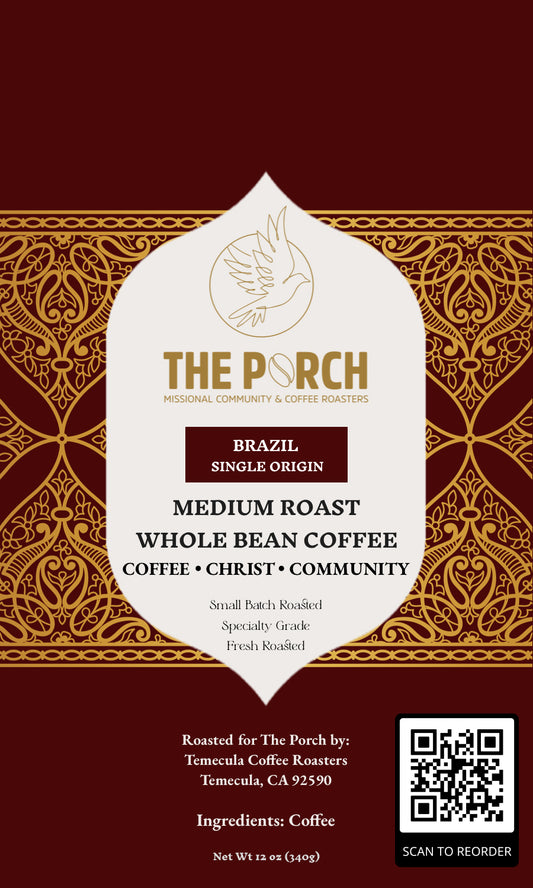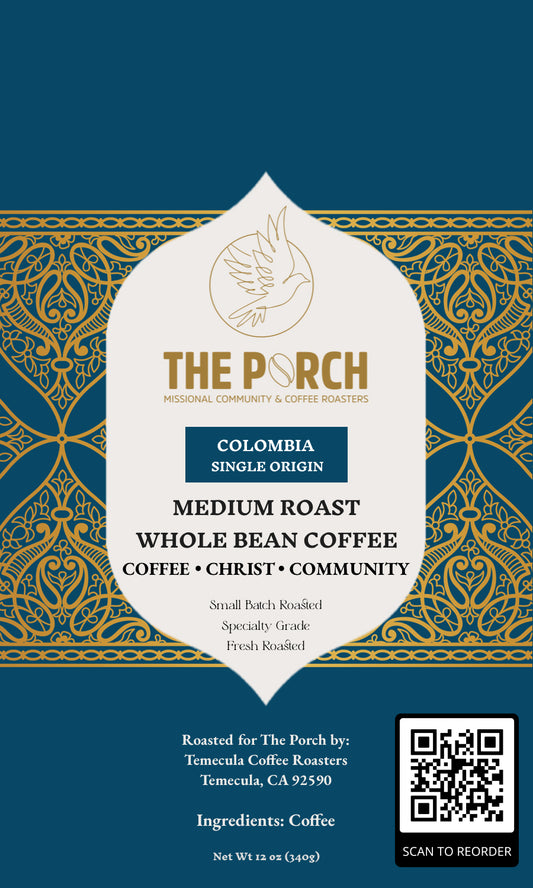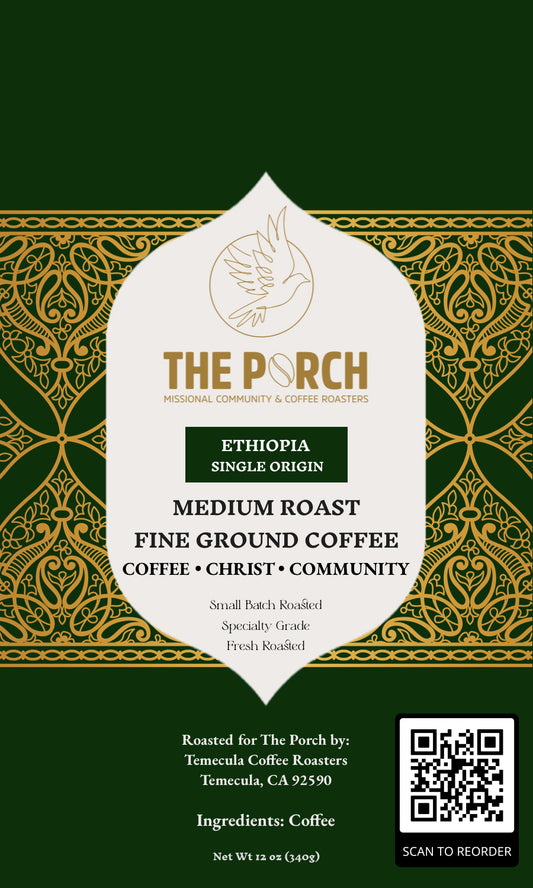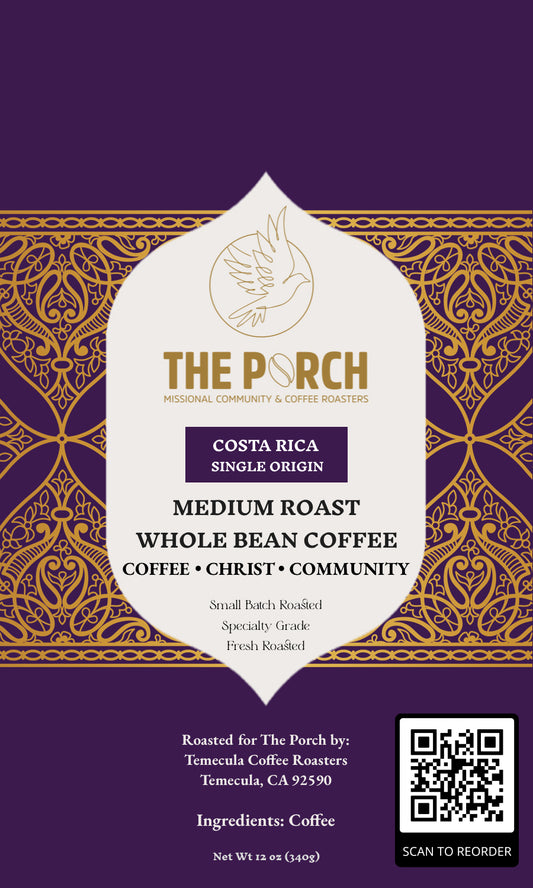What is a missional community?

A missional community is a small group of people, often part of a church or a faith-based organization, who intentionally gather to live out their faith in everyday life. Unlike traditional small groups that primarily focus on Bible study or fellowship, missional communities are committed to embodying the mission of Jesus in their local context. They seek to integrate worship, community, and mission, aiming to be a tangible expression of God’s love in their neighborhoods, workplaces, and cities.
Core Elements of a Missional Community
1. Gospel-Centered Living: At the heart of a missional community is the gospel—the good news of Jesus Christ. The gospel not only saves individuals but also transforms lives, relationships, and entire communities. Members of a missional community live in light of this transformation, seeking to reflect the love, grace, and justice of God in every aspect of their lives. This means that their actions, decisions, and interactions are influenced by the teachings and example of Jesus.
2. Intentional Community: A missional community is more than a group that meets occasionally. It's a close-knit community where members actively support, encourage, and hold each other accountable. They share their lives, including their struggles and joys, creating an environment where authentic relationships can flourish. This intentionality fosters a sense of belonging and commitment that goes beyond casual connections.
3. Mission-Focused: What sets missional communities apart is their outward focus. They exist not just for the benefit of their members but for the sake of others. Their mission is to serve, love, and bring the message of hope to their broader community. This might involve serving the poor, reaching out to those who are marginalized, or simply being a presence of grace in everyday situations. They often engage in regular activities or projects that demonstrate God's love in practical ways.
4. Everyday Mission: In a missional community, mission is not confined to specific events or programs. Instead, it is woven into the fabric of everyday life. Members see themselves as missionaries in their unique contexts—whether at work, school, or in their neighborhoods. They are encouraged to live out their faith authentically and to look for opportunities to serve and share the gospel in their daily interactions.
The Structure of a Missional Community
Missional communities can vary in size, typically ranging from 10 to 30 people. This size allows for a dynamic where everyone can participate and be known, yet it's large enough to make a significant impact. They usually meet regularly—weekly or bi-weekly—in homes, community centers, or other informal settings. Their gatherings often include:
-Worship: This can take various forms, such as singing, prayer, or sharing testimonies. Worship in a missional community is not just about music but about reorienting hearts toward God and remembering His goodness and faithfulness.
-Teaching and Learning: Missional communities often include a time of studying the Bible or discussing relevant topics. However, the goal is not just knowledge acquisition but life transformation. Members are encouraged to apply what they learn and to live it out in their everyday lives.
-Community Building: Sharing meals, celebrating together, and simply spending time with one another are crucial aspects. These times of fellowship build trust and deepen relationships, creating a safe space for vulnerability and growth.
-Mission Planning: Since the community is mission-focused, part of their gathering time is dedicated to discussing and planning how they can serve others. This might involve organizing service projects, outreach events, or simply strategizing on how to better engage with those around them.
The Impact of Missional Communities
Missional communities have the potential to bring significant transformation both within the group and in the broader community. Internally, they foster spiritual growth and maturity among members. By living out their faith in tangible ways, members often experience a deeper understanding of the gospel and a greater sense of purpose.
Externally, missional communities can have a profound impact on their neighborhoods and cities. By consistently serving and loving those around them, they become a visible expression of God’s kingdom. Their actions can break down barriers, build bridges, and create opportunities for conversations about faith.
Challenges and Considerations
While the concept of a missional community is inspiring, it also comes with challenges. It requires a high level of commitment, intentionality, and flexibility. Members must be willing to invest time and energy into building relationships and serving others. Additionally, balancing the inward needs of the group with the outward mission can be difficult. Missional communities must constantly navigate the tension between caring for their members and reaching out to others.
Conclusion
A missional community is a powerful model for living out the Christian faith in a holistic and transformative way. By integrating worship, community, and mission, it provides a framework for believers to engage with the world around them meaningfully. While it requires effort and dedication, the potential impact on individuals and communities is immense. Missional communities remind us that the Church is not just a building or a program but a people called to embody the love and mission of Jesus in everyday life.
If you're interested in seeing how we at The Porch have specifically built our mission, vision, and values around the principles discussed in this article, click here.
If you want to fuel transformation in Riverhead, just scroll down and select from our library of coffees.







